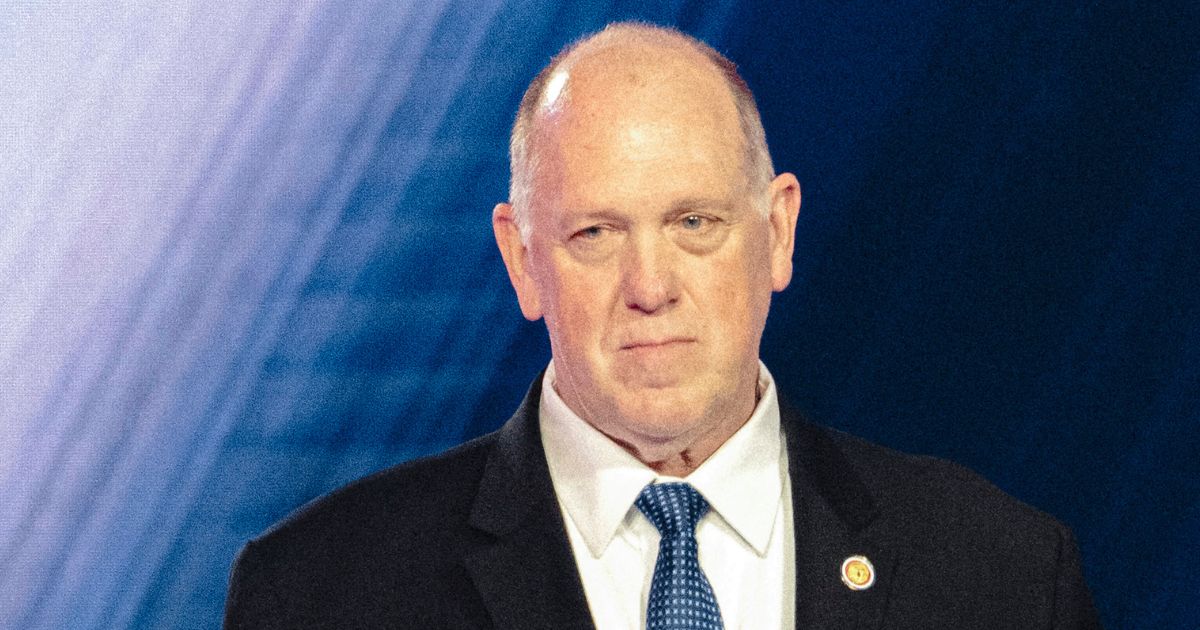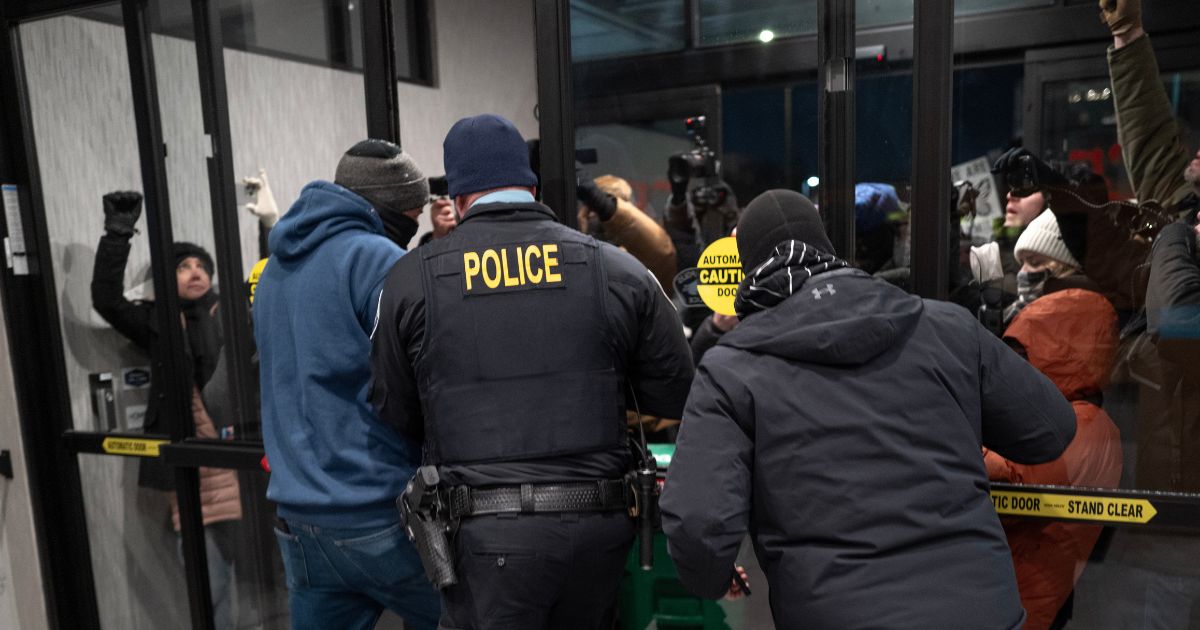What is the Insurrection Act?
The article explains the Insurrection Act of 1807, a law that allows the U.S. president to deploy military forces within the country to suppress insurrections, rebellions, or unlawful obstructions when normal law enforcement is insufficient. This act is an exception to the Posse Comitatus act, which usually restricts the military from domestic law enforcement roles. Historically, the Insurrection Act has been used by presidents such as George Washington, Abraham lincoln, and George H.W. Bush to address various crises, including the Whiskey Rebellion, the Civil War, labor disputes, civil rights conflicts, and the 1992 Los Angeles riots.
The current debate centers on former President Donald Trump’s consideration of invoking the Insurrection Act to keep the National Guard and federal troops deployed in certain cities like Chicago, Portland, and others, to combat crime and civil unrest. Trump has stated he would use the Act if necessary, describing recent protests as “criminal insurrection.” Though, several Democratic governors-including Illinois Governor J.B. Pritzker and Oregon Governor Tina Kotek-have opposed this move, arguing there is no genuine insurrection or threat warranting such military intervention. The controversy highlights differing interpretations of what constitutes an insurrection and the appropriate use of military forces within U.S. cities.
What is the Insurrection Act, the law at the center of the debate over Trump deploying the National Guard?
As blue cities push back on President Donald Trump’s tactic of deploying the National Guard to fight crime, the Trump administration has floated the idea of using the Insurrection Act to justify sending federal troops to American cities.
“I’d do it if it was necessary. So far, it hasn’t been necessary, but we have an Insurrection Act for a reason. If I had to enact it, I’d do that,” Trump told White House reporters last week.
Vice President JD Vance said “the President’s looking at all of his options” in response to a question from NBC’s Kristen Welker about whether or not Trump is seeking to invoke the Insurrection Act to keep the National Guard in places like Portland and Chicago, Illinois.
“The President just wants people to be kept safe, and we’re exploring everything we can do to make sure the American people are safe in their own country,” Vance said.
What is the Insurrection Act?
The Insurrection Act of 1807, signed into law by Thomas Jefferson, codifies the use of American land and naval military forces in the case of an insurrection. It stands as an exception to the Posse Comitatus Act, which typically prevents the use of the American military for civilian law enforcement.
The act in the U.S. code does not define the word “insurrection,” and generally leaves significant room for interpretation. The Merriam-Webster dictionary defines insurrection as “an act or instance of revolting against civil authority or an established government.” Trump has recently invoked the word when discussing protests in Portland.
“I think that’s all insurrection. I really think that’s really criminal insurrection,” Trump said.
The Executive Branch has historically used the Insurrection Act to quell labor disputes, rebellions in early America, and disputes over civil rights rulings. U.S. presidents have invoked the Insurrection Act on 30 separate occasions since it’s original version, the Calling Forth Act of 1792, was codified into U.S. law, according to the Brennan Center for Justice.
George Washington was the first president to use the U.S. military to quell a civilian insurrection, using it in response to the Whiskey Rebellion. Abraham Lincoln invoked the Insurrection Act in order to have legal grounds to enter the Civil War against the Confederate States and Ulysses S. Grant used the act to quell insurrections from the Ku Klux Klan during the Reconstruction era. Other Presidents like Rutherford B. Hayes and Grover Cleveland invoked the Insurrection Act to respond to labor strikes, all according to the Brennan Center.
President George H.W. Bush most recently invoked the Insurrection Act to send federal military troops into Los Angeles after the 1992 riots that ensued following the acquittal of the four white police officers accused of beating Rodney King, Brennan Center research said.
Typically, the Insurrection Act calls for the president to invoke the act in a state “upon the request of its legislature or of its governor.” However, the act subsequently allows a way for the president to invoke the Act of his own volition.
“Whenever the President considers that unlawful obstructions, combinations, or assemblages, or rebellion against the authority of the United States, make it impracticable to enforce the laws of the United States in any State by the ordinary course of judicial proceedings, he may call into Federal service such of the militia of any State, and use such of the armed forces, as he considers necessary to enforce those laws or to suppress the rebellion,” the act reads.
What’s the current controversy over it?
Trump is facing pushback from the governors of several blue states, including Gov. JB Pritzker (D-IL) and Gov. Tina Kotek (D-OR), over his potential use of the Insurrection Act.
Pritzker has spatted with Trump since the president first suggested National Guard deployment to Chicago. The Illinois governor, who filed a lawsuit against the Trump administration over National Guard deployment, has denounced the idea that there is any rebellion that justifies the Insurrection Act.
TRUMP SENDS NATIONAL GUARD TO MEMPHIS
“The Insurrection Act is called the Insurrection Act for a reason. There has to be a rebellion. There has to be an insurrection in order for him to be allowed to invoke it,” Pritzker said on ABC’s This Week Sunday.
Kotek has also denounced the idea that there is a need for the Insurrection Act.
“There is no need for military intervention in Oregon. There is no insurrection in Portland. No threat to national security,” Kotek wrote on Facebook.
" Conservative News Daily does not always share or support the views and opinions expressed here; they are just those of the writer."



